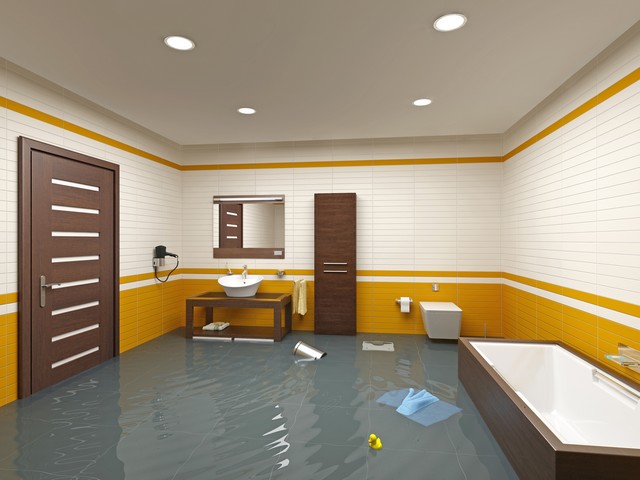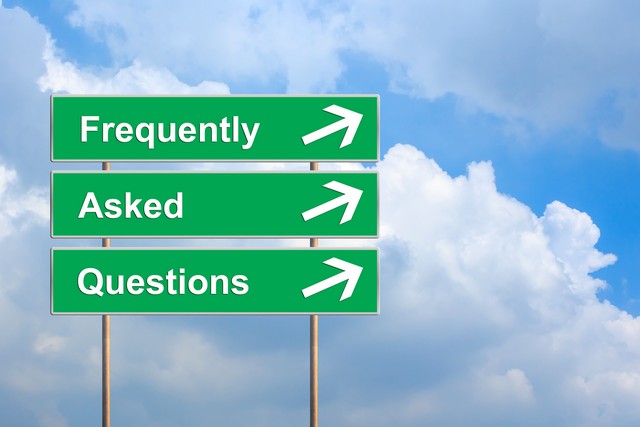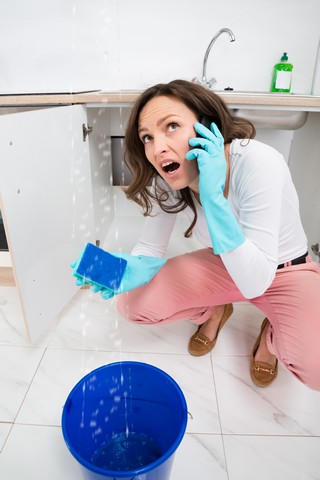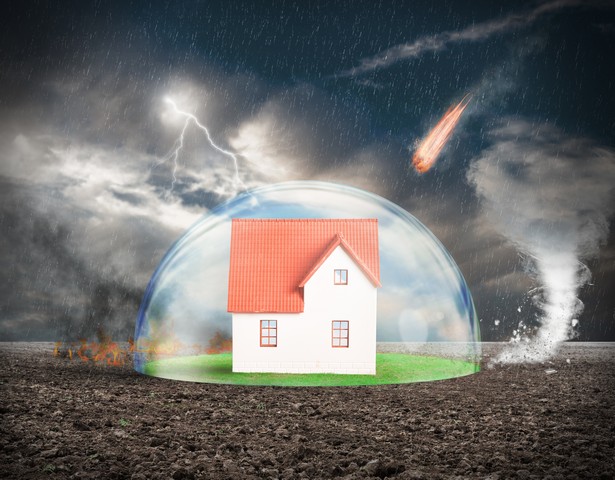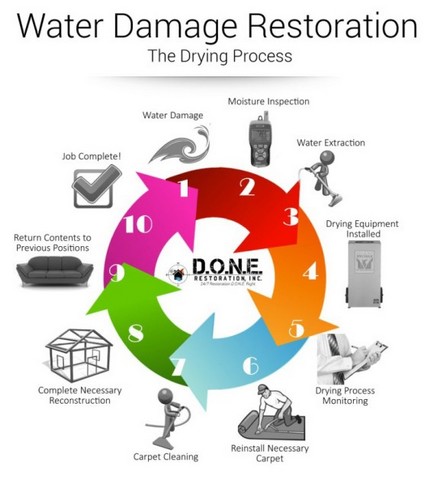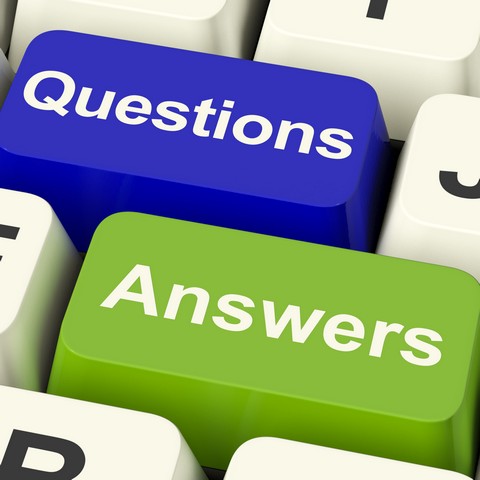15 FAQs About Water Damage Restoration!
One of the services that Mold B Gone specializes in is water damage restoration.
In 2015, we launched our blog to help our customers in Atlanta, Georgia find answers to questions they have about mold, indoor air quality, and water damage. Over the years, we have encountered many questions about water damage. The purpose of this article is to answer some of the most common questions we encounter.
Let us know if you have further questions. Peace of mind is just a phone call away, 678-697-6267!
1. Can Water Damage Be Prevented?
There’s not a lot you can do to prevent water damage from an act of nature. Water damage from severe storms that cause over-the-ground flooding happen. But not as often as you might think.
Although flooding is a common cause, most water damage to properties is caused when indoor plumbing fails. With this in mind, the key to prevention is regular maintenance, meaning you should inspect your home or business for the following:
- Make sure all your appliances (e.g., dishwasher, clothes washer, and water heater) are in good working order. Check all water connections and hoses. Remember to do this even if you have the metal braided supply hoses.
- Check under your kitchen and bathroom sink for signs of corrosion and make sure connections are tight.
- Check the toilets in each bathroom for any signs of leaking.
- Monitor your water bills. A sudden, unexplained increase in water use can be caused by a leak.
- Finally, make sure everyone knows how and where to shut off the water to the home.
2. What Happens When Water Floods My Property?
- When water contacts drywall, it sags and disintegrates. Then you’ll see paint bubbles and peeling as the water wicks up the drywall. After that, water saturates the insulation behind the drywall.
- If water dwells in your property for any length of time, wood structures begins to swell. The glue holding your particle board kitchen and bathroom cabinets dissolves, causing them to crumble. The longer the water dwells in your property, the more likely it is that the hardwood floors will buckle and warp. Wood exposed to long-term water damage rots.
- Water-soaked carpets “delaminate.” Delamination is the term for carpet that pulls away from its backing. Once this happens, the carpet is permanently ruined.
- Water damage can short-out electrical systems. This can cause fire and shock hazards and damage to electronic equipment.
3. Why Should I Call Mold B Gone?
Quickly wiping or mopping up a small spill in the middle of the floor is okay.
However, if water flooded a large portion of your home or office, it’s the water you can’t see, the water that wicks up behind the wall or under the floors, that causes problems.
These dark cavities are the perfect place for mold and mildew to grow.
Moisture meters enable us to find water you can’t see hiding in the structure.
Excess water promotes mold growth, and will also compromises the structural integrity of the materials. In addition, mold exposure presents a serious health threat to everyone in the home or business.
Finally, if the water damage comes from a contaminated source like a sewage backup, it presents an imminent health threat. If this happens, then you want to avoid contact and call us immediately.
No matter what caused the water damage, to prevent future health or structural problems, water damage restoration should always be handled by a licensed, insured, certified professional water damage restoration contractor like Mold B Gone.
4. Should I Wait Until The Insurance Adjustor Comes To My Property Before I Call You?
Please check your insurance policy. In most cases, the answer is NO. Call us as soon as you need help because most homeowner and business policies require you to do whatever you can to prevent further damage.
The first step is to stop the source of water.
The second step is to call your insurance company. Ask them if you have coverage. They will probably issue you a claim number and may give you 2 or 3 names of restoration companies to call.
Finally, after you call us, take pictures of the damage. Even though we will take pictures when we arrive, we tell our customers to take as many pictures as they can for their own peace of mind!
Once you know that we are coming, you can try to remove or separate any personal items and do what you can to remove standing water, but don’t throw anything away. Most importantly, be safe!
5. What If Your Company Is Not On The List Of Restoration Companies To Call?
No problem. You don’t have to use the company the insurance company recommends. You are free to hire whoever you want.
However, you will want to take steps to properly vet the contractor you choose. As with every profession, there are good water damage restoration professionals and not so good ones.
Most reputable water damage companies have worked with the major insurance companies and are experts at dealing with adjusters and claims.
When you hire Mold B Gone and we have all the information abour your claim, we’ll communicate directly with your insurance adjuster to make the process smooth and easy for you.
6. What Is So Special About What A Certified Water Damage Contractor Does?
- After we extract the water, we will also contain the affected area.
- We remove any non-salvageable damaged materials.
- We photo catalog every part of the damage and all damaged items.
- We spray anti-microbial solution on the affected area.
- Shop vacs and common household fans are not designed to remove enough moisture or generate enough air movement to dry your home or office completely after a flood. We use specialized, high-speed, industrial air movers and dehumidifiers. We set up the equipment in a specific pattern, creating the most efficient drying system for your property.
- While the equipment removes and controls the humidity and moisture levels in the air, we monitor the progress on a daily basis with specialized meters to measure the moisture.
- We communicate with your insurance company using the latest technology to facilitate efficient processing of your insurance claim. We’re experts at this, and we’ve helped hundreds of homeowners in Atlanta, Georgia recover quickly from water damage loss.
7. Should I Leave My Home or Business During Water Damage Restoration?
If the property damage doesn’t require a lot of reconstruction, you can stay in your home or office.
However, the equipment we use during the drying process can be noisy. It also creates a lot of air movement which may be considered as unlivable or unworkable conditions.
If the bathrooms in your office, or the kitchen in your home are a part of the damaged area, check with your insurance company for reimbursement of alternate living expenses or business continuity expenses until the restoration job is complete.
8. Why Does Mold B Gone Need Access To My Property?
Once the water is extracted and we begin the drying process, we need to monitor and control the moisture and humidity levels in the home. By doing this, we can prevent the growth of toxic mold. In addition, insurance companies require daily monitoring reports to justify your claim for damages.
We place our industrial sized equipment so it will operate as efficiently as possible according to the moisture mapping. We monitor and check the progress of every job regularly so we can make any adjustments as needed. Remember our job is to get you clean, dry and sanitized as quickly as we can. So monitoring helps us do that.
9. How Much Time Does It Take To Dry My Home or Business?
It all depends on the size and scope of the loss.
Completely drying a structure depends on the type of water damage, how bad it was, how long the water dwelled, and the type of building materials involved.
For example, concrete takes much longer to dry than wood.
In most cases, water damage to your home or business takes 2 to 3 days to dry.
However, properties exposed to water damage for a long time will take longer to dry!
10. Do I Need To Replace The Carpet?
It all depends on the situation.
In some situations where carpet has been wet for an extended period, water damage will cause what is called delamination (the backing separates from the fibers) and will usually require replacement.
Or if the water was from a non-clean source like sewage, the carpet will most likely need to be replaced.
But in most cases, if carpets were saturated by clean water, and if we get to them right away, they can be dried, sanitized and cleaned without damage.
11. Should I Ever Turn Off The Equipment?
No!
The drying process requires the equipment to run 24 hours a day for several days. Our specialized equipment is made to run continuously without overheating or causing safety problems. Remember, we position the equipment in a particular way to promote the drying process. Please don’t move it.
Our equipment is designed for efficiency. That means, depending on the size of the loss, on average, the estimated cost to run this equipment will be less than $5 per day.
Since we know the noise might be problematic, we often suggest you call your insurance agent to see if your policy covers alternate living expenses or business continuity expenses.
12. Will The Air Feel Dry As Well?
Yes! We set up the equipment we use during the drying process so it will remove as much moisture from the affected space as possible. Our equipment creates an atmosphere that’s as dry as possible. This is just temporary. Once the drying process is complete, and we remove the equipment, the air condition will return to normal.
In addition, you may be tempted to open windows or doors. Please don’t!
Our technicians have set up the best conditions on your property for drying it efficiently. If you open windows during the drying process it causes problems. Depending on weather conditions, opening windows slows down the drying progress. The best rule of thumb is to keep doors and windows closed, and don’t turn off air conditioning or heat without talking to us first.
13. What If Materials Need To Be Replaced?
The goal of Mold B Gone is to return your property to you in its pre-damaged condition.
Your insurance company will pay to replace “like-with-like.”
However, after large water damage to your property, when many items have been removed, you may want to renovate and update. Just keep in mind that for any upgrades, you’ll need to pay the difference out of pocket from what your insurance company allocated.
14. Do I Need To Find A ReConstruction Contractor To Complete Repairs After The Water Damage Restoration Is Complete?
If you hired us to handle your loss from start to finish, you don’t need to worry about finding a general contractor. We can finish the project working with reconstruction professionals we know.
15. Do You Use Harmful Chemicals?
We use several different anti-microbials or biocides during every water damage mitigation job. These prevent mold, mildew, and bacterial growth.
All of our chemicals are safe and effective and invented by the owner of Mold B Gone, Johnny Wells. If you have concerns about toxicity or chemical exposure, ask the technician on call which anti-microbial solution he will be using. You can also ask him to provide you with the Material Safety Data Sheets (MSDS sheets) for that product.
To be safe, it’s wise to keep yourself, children, and pets away during the drying process.
Got Water Damage Questions?
If you have more questions about water damage restoration, or you experience water damage to your Atlanta, Georgia area home and you need expert, emergency help we’re here for you! Peace of mind is just a phone call away, 678-697-6267. 🙂
#WaterDamage Restoration: 15 FAQs https://t.co/Zg1ftKvtzO PLEASE RETWEET pic.twitter.com/A3CbahROn4
— Mold B Gone (@moldbgonega) August 16, 2017

